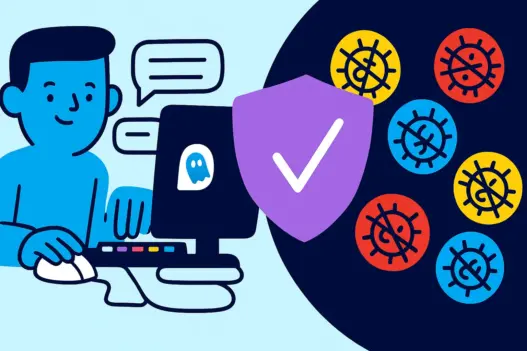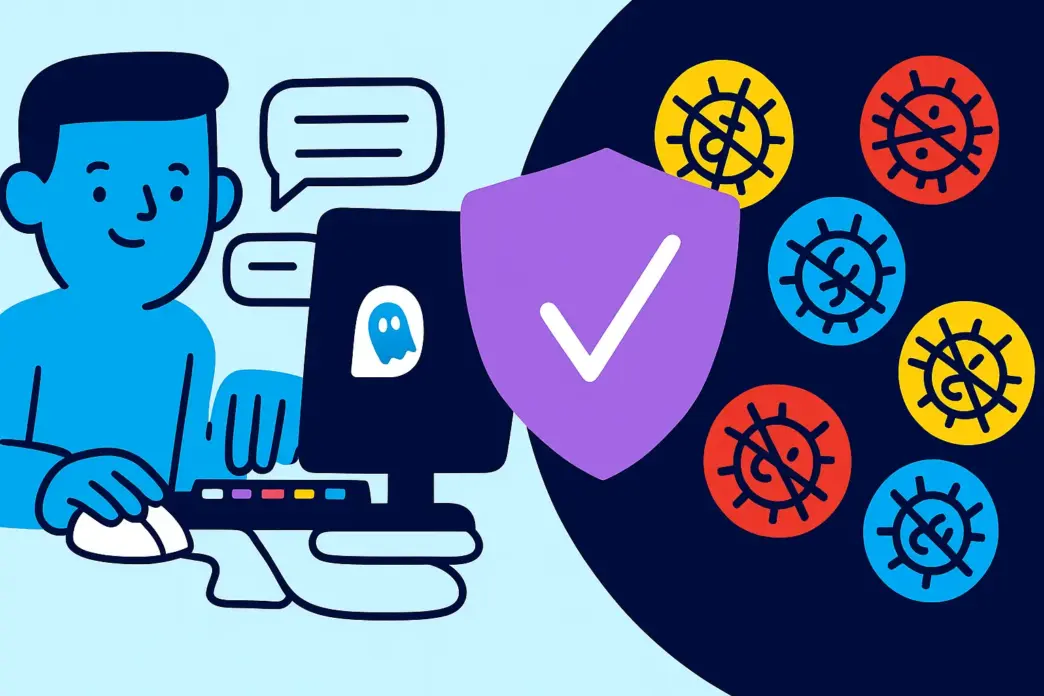The internet offers us incredible convenience, limitless knowledge, and endless entertainment. But behind the sleek designs of our favorite websites lies a hidden world: a vast, largely invisible network of trackers. These trackers monitor your online behavior, build profiles about you, and often sell or share that information with advertisers, data brokers, or even governments.
Understanding how online tracking works and knowing how to protect yourself is essential for maintaining your privacy in an increasingly digital world. In this article, we’ll explore what trackers are, how they work, why they’re used, and most importantly, how you can stop being tracked.
What Are Website Trackers?
Website trackers are scripts, cookies, or pixels embedded in websites that monitor and collect data about your activity. They record information such as:
- Pages you visit
- Time spent on each page
- Items you click
- Your IP address and location
- Device information (model, browser type, operating system)
- Your search history
Some trackers are essential for website functionality (like remembering your shopping cart). However, many are designed for marketing, analytics, and behavioral profiling.
Types of Trackers
- Cookies: Small text files stored in your browser to remember settings or login info. Third-party cookies track you across different websites.
- Tracking Pixels: Tiny, invisible images that load when you open an email or web page, notifying the sender.
- JavaScript Trackers: Scripts that can deeply interact with your device, monitor keystrokes, mouse movements, and more.
- Fingerprinting: Collecting a unique “fingerprint” of your device’s configuration to recognize you without cookies.
Why Are You Being Tracked?
Tracking is a huge part of how the modern internet operates. Here’s why companies track you:
- Advertising: To serve highly targeted ads based on your interests.
- Analytics: To measure how users interact with a website.
- Personalization: To customize your browsing experience.
- Data Brokering: To compile and sell your information to other companies.
In short, your data is valuable. Advertisers pay big money for detailed consumer profiles.
How Tracking Affects You
Tracking isn’t just about annoying ads. It can have real consequences:
- Loss of privacy
- Price discrimination (you may be shown higher prices based on your profile)
- Manipulation (ads and content tailored to influence your behavior)
- Security risks (data breaches exposing your profile)
How to Stop Being Tracked Online
Fortunately, you have more power than you think to fight back against unwanted tracking. Here’s how to protect yourself.
1. Use Privacy-Focused Browsers
Regular browsers like Chrome prioritize speed and integration with Google’s ecosystem, not your privacy. Consider switching to:
- Brave: Blocks trackers and ads by default.
- Mozilla Firefox: Strong privacy protections and customizable settings.
- Tor Browser: Routes your traffic through the Tor network, masking your IP.
2. Install Tracker-Blocking Extensions
Extensions can dramatically reduce how much you’re tracked.
- uBlock Origin: Blocks ads and trackers without slowing down your browsing.
- Privacy Badger: Learns to block invisible trackers.
- Ghostery: Shows and blocks trackers on every site.
- Decentraleyes: Loads web assets locally to prevent tracking.
3. Use Search Engines That Respect Privacy
Switch from Google or Bing to privacy-respecting alternatives:
- DuckDuckGo: Doesn’t track your searches.
- Startpage: Provides Google results without the tracking.
- Brave Search: Independent, no tracking.
4. Regularly Clear Cookies and Cache
Clearing cookies and cache erases stored trackers. Set your browser to automatically clear cookies or use extensions like Cookie AutoDelete when you close it.
5. Disable or Limit Third-Party Cookies
In your browser settings:
- Block all third-party cookies.
- Only allow cookies for trusted sites.
In Chrome, for instance:
- Settings > Privacy and Security > Cookies and Other Site Data > Block third-party cookies
6. Use a VPN
A Virtual Private Network (VPN) encrypts your internet traffic and hides your real IP address from trackers.
Good VPN providers include:
- NordVPN
- ProtonVPN
- Mullvad
(Be wary of free VPNs—they often track and sell your data themselves!)
7. Use Private Browsing or Incognito Mode (With Caution)
Private browsing prevents your device from saving history or cookies during a session, but it doesn’t block trackers or hide you from websites, ISPs, or governments.
8. Opt Out of Ad Tracking
In your mobile device settings, you can limit ad tracking:
- iOS: Settings > Privacy > Tracking > Turn off “Allow Apps to Request to Track”
- Android: Settings > Privacy > Ads > Opt out of Ads Personalization
Also, use tools like:
- YourAdChoices.com: Opt out of many ad networks.
- Google Ad Settings: Limit ad personalization.
9. Disable JavaScript (Advanced)
Blocking JavaScript will cripple most trackers but also break many websites. You can selectively allow scripts using browser extensions like NoScript (Firefox) or uMatrix.
10. Stay Educated and Vigilant
- Read a website’s privacy policy.
- Check what trackers a site uses (Ghostery or DuckDuckGo’s extension can show you).
- Regularly audit the permissions you’ve granted apps and services.
Advanced Tips for Maximum Privacy
If you’re serious about stopping tracking, consider these extra measures:
- Use email aliases (SimpleLogin, AnonAddy)
- Browse via secure operating systems (Tails OS, Qubes OS)
- Replace apps with open-source alternatives (e.g., Signal for messaging)
- Host your cloud services (Nextcloud)
Reclaiming Your Privacy
Online tracking is pervasive—but it’s not unstoppable. With the right tools and habits, you can greatly reduce how much of your information leaks into the internet’s shadow economy.
Start small: install a privacy browser, use a tracker blocker, and clear your cookies regularly. As you build your privacy toolkit, you’ll find that browsing the web doesn’t have to mean giving up your data.
Remember: Every step you take to protect your privacy weakens the incentive for companies to surveil users for profit.













